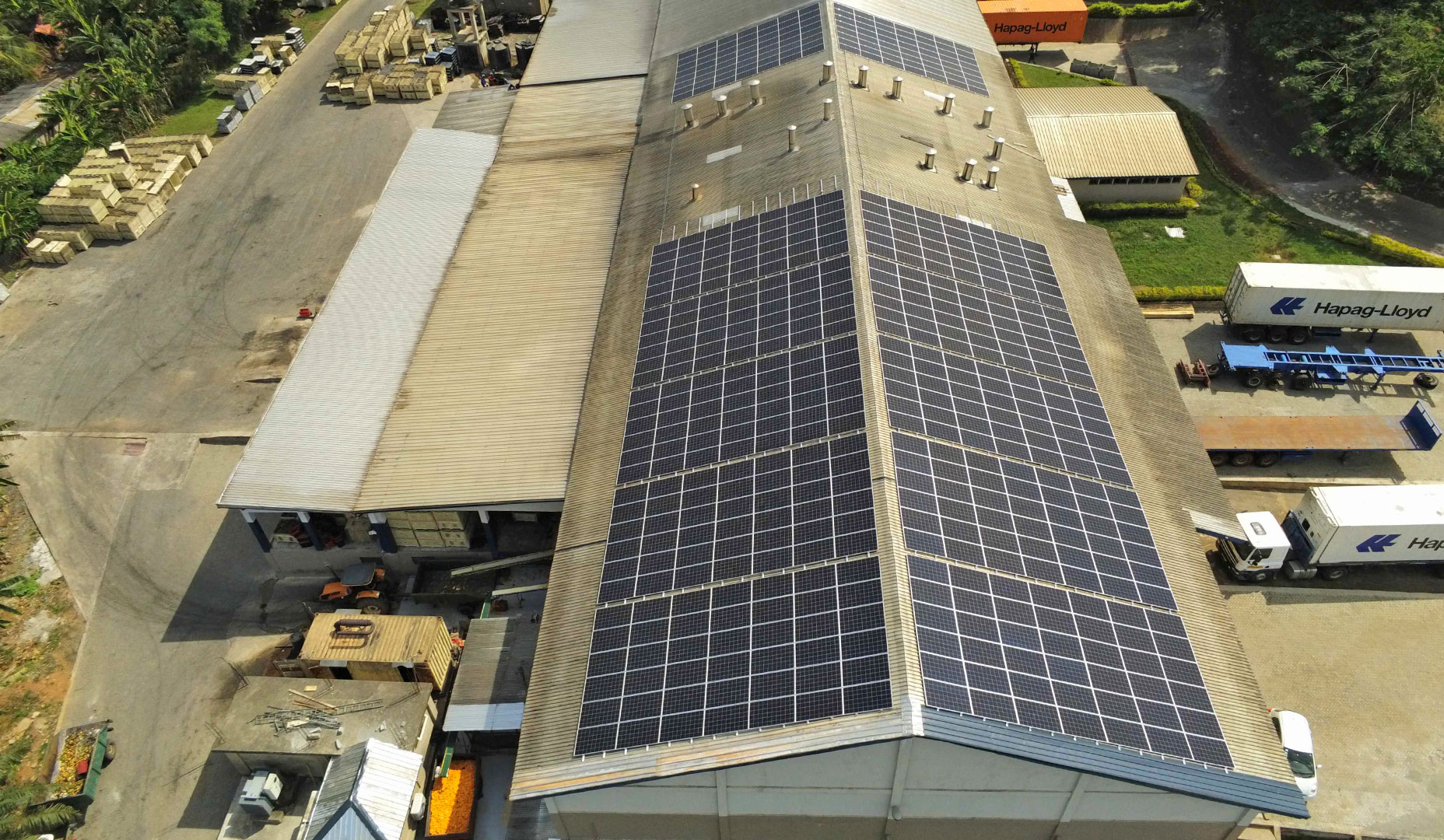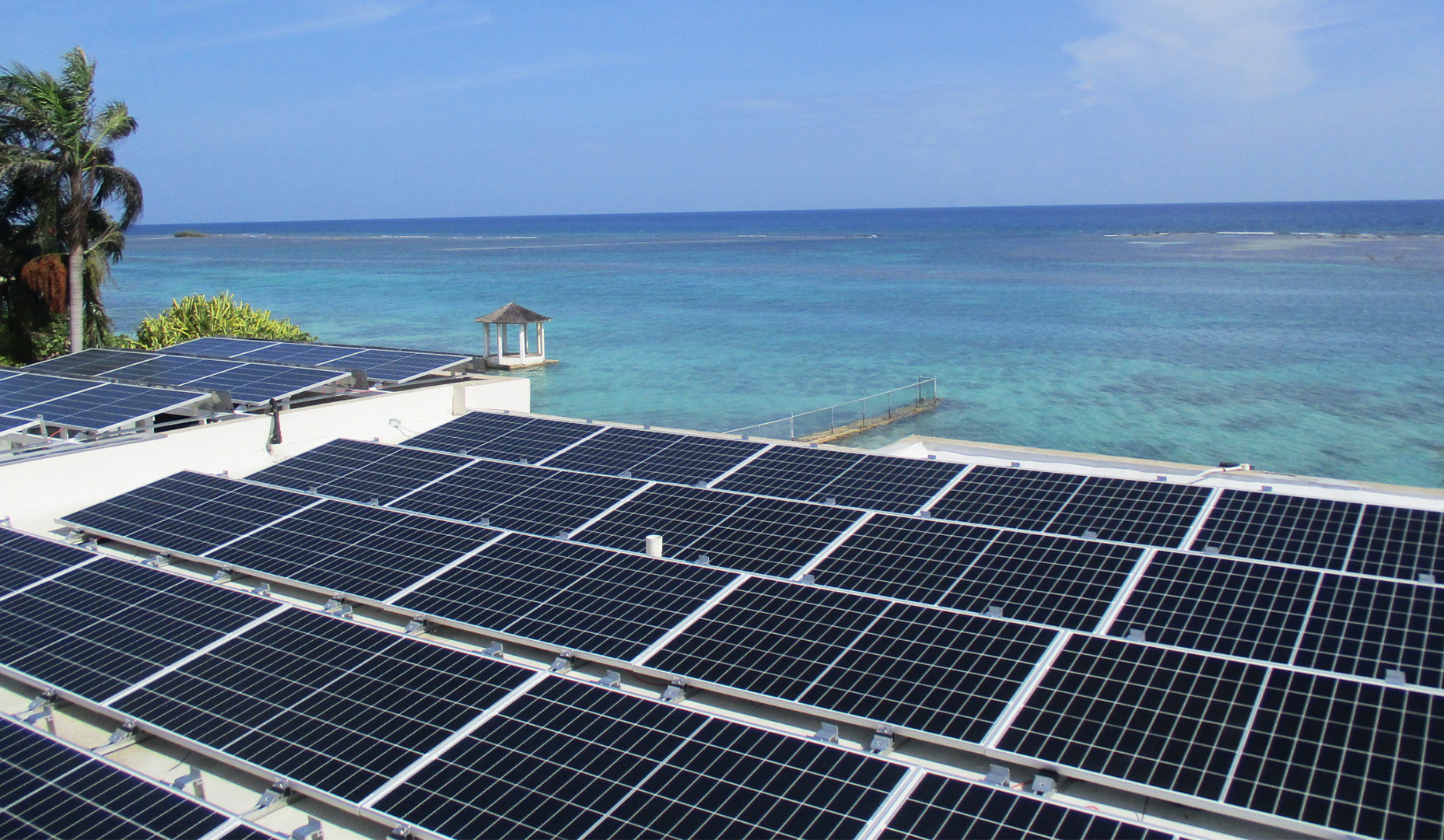
5 minute read
Thailand's energy transition: Focus on safe photovoltaics
Nina Oral
Thailand is facing a significant challenge, as the country's economic development and competitiveness depend on a secure and costeffective energy supply. Currently, the country relies heavily on natural gas, but the government has set ambitious targets to become carbon neutral by 2050, and climate neutral by 2065. There’s no doubt that a paradigm shift in the energy sector is needed to achieve this quickly, especially in view of the country's vulnerability to the consequences of climate change.
With the Power Development Plan (PDP) 2024, for the period from 2024 to 2037, Thailand is focusing on renewable energies to accelerate the energy transition. Recently, the Energy Regulatory Commission (ERC) unveiled a comprehensive roadmap for 2025 that aims to accelerate the country's transition to clean electricity without burdening the population with rising costs. Photovoltaics plays a key role in this, as it is considered one of the most costeffective and flexible technologies for generating electricity.
PHOTOVOLTAICS AS A KEY TECHNOLOGY
The advantages of photovoltaics are obvious, as it is not only environmentally friendly and emission-free, but can also be used flexibly – for smaller roofs and building facades as well as for large solar parks. PV systems can be installed quickly and offer a high energy yield, especially in sunny regions. The advantageous scalability of photovoltaics is also evident in its geographical areas of application. Systems can be installed in both urban and rural areas, thus contributing to the decentralised energy supply. This is especially important in a country like Thailand, which has many rural and remote regions.
THE IMPORTANCE OF SAFE SUBSTRUCTURES
The safety and stability of PV systems is of utmost importance, especially in countries affected by tropical storms and extreme weather events. A robust and reliable substructure is crucial to securely fasten PV modules and ensure the longevity of the system, not least so that the investment pays off in the long term.
One of the world's leading manufacturers of photovoltaic mounting systems, the German company K2 Systems, is now also expanding into Asia. The company has eleven locations worldwide, and currently integrating Asia-Pacific into its global network. Thomas Lang, the Senior Business Manager Asia, India & Africa, explains this decision: "K2 Systems has more than 20 years of experience in the photovoltaic industry, and is already active in over 130 countries. We are happy to contribute this expertise to help address the ambitious goals for a successful energy transition in Thailand."
The possibilities for installing photovoltaic systems on suitable areas are just as diverse as the solutions for them on the market. Highly functional mounting systems are available for pitched and flat roofs as well as for building facades. In the case of e-mobility, carport solutions are available, and there are ground-mounted systems for many soil classes for open spaces. Thanks to the clever development based on universal components, the systems are easy and intuitive to install, which enables quick and efficient installation.
"As a digitally advanced manufacturer, we use intuitive planning software, K2 Base, and various applications to combine the physical products with innovative technology – from precise design to project completion, to monitoring long-term high functionality, we digitally accompany the process," Lang explains. As an example, static aspects or wind loads are automatically calculated and taken into account.
In addition to digital tools, a highly professional service network is particularly important to solar installers. In this respect, experience has shown that personal support in all project phases is the third important pillar. This is supplemented by free webinars and online tutorials to provide PV professionals and beginners alike with new expertise.

The advantages of photovoltaics are obvious, as it is not only environmentally friendly and emission-free, but can also be used flexibly […]
"It’s important to us that we also find a solution for projects with special circumstances,” Lang adds, “which is why we are so committed to imparting know-how and exchanging ideas with each other."
SUSTAINABILITY AND REGIONAL PRODUCTION
Sustainable and responsible management begins with production, which is why the assembly system manufacturer is committed to minimising the CO₂ footprint from procurement to predominantly regional production. This is achieved through close cooperation with international partners. In order to react quickly and flexibly to Asian customer requirements and to minimise transportation, not least from a sustainable point of view, K2 is considering regional manufacturing partnerships without deviating from the company's own highquality standards.

"We look forward to working with our Thai customers to help generate low-cost electricity from renewable energies and thus pave the way for accelerating the energy transition in Thailand," Lang says. In addition to Thailand, K2 Systems will also be active in Vietnam and the Philippines, as these nations stand out in their commitment to photovoltaics.
Nina Oral
PR Manager
K2 Systems GmbH
Contact details:
Thomas Lang
Senior Business Manager Asia, India & Africa,
K2 Systems GmbH
Tel DE: +49-152-04781929
Tel TH: +66-98-1616368
t.lang@k2-systems.de
www.k2-systems.com










